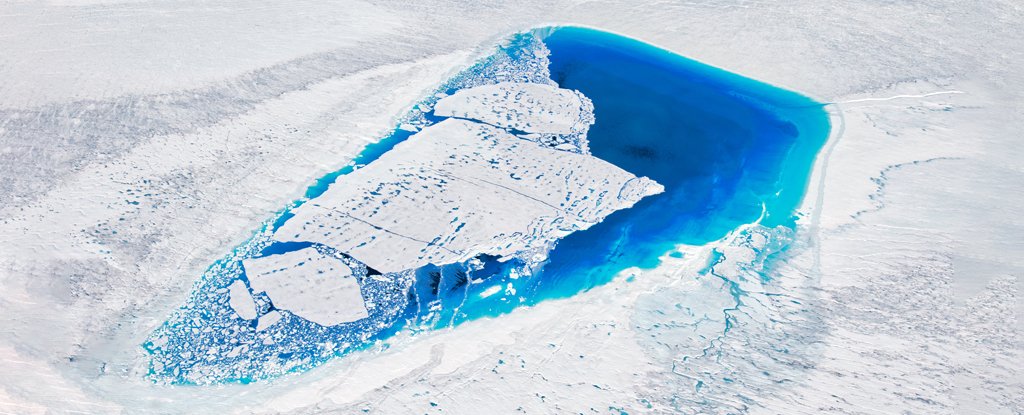
Nov 21, 2020
1 min, 9 secs
Well, not any time soon, but understanding how much of the ice sheet might melt over the coming century is a critical and urgent question that scientists are trying to tackle using sophisticated numerical models of how the ice sheet interacts with the rest of the climate system.One way around this problem is to see how the ice sheet responded to changes in climate in the past and compare that with model projections for the future for similar changes in temperature.
Nonetheless, if we figure out exactly how sensitive the ice sheet has been to temperature changes over the past century, that can provide a useful guide to how it will respond over the next century.
In 2013, a modelling study by Faezeh Nick and colleagues also looked at the same "big three" glaciers (Jakobshavn Isbrae in the west of the island and Helheim and Kangerlussuaq in the east) and projected how they would respond in different future climate scenarios.
Because of something called polar amplification, the Arctic will likely heat up by more than double the global average, with the climate models indicating around 8.3ËšC warming over Greenland in the most extreme scenario, RCP8.5.Our conclusion is that the models are at fault, even including the latest and most sophisticated available which are being used to assess how the whole ice sheet will respond to the next century of climate change.